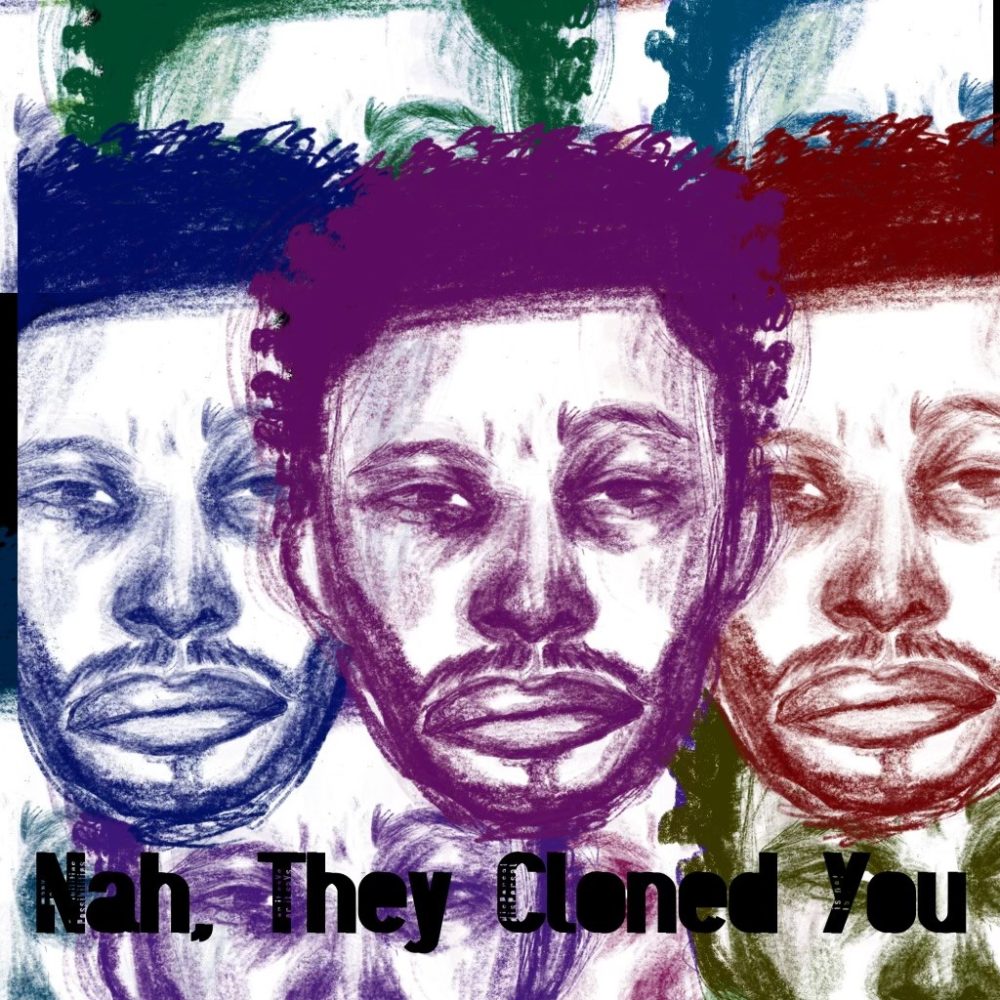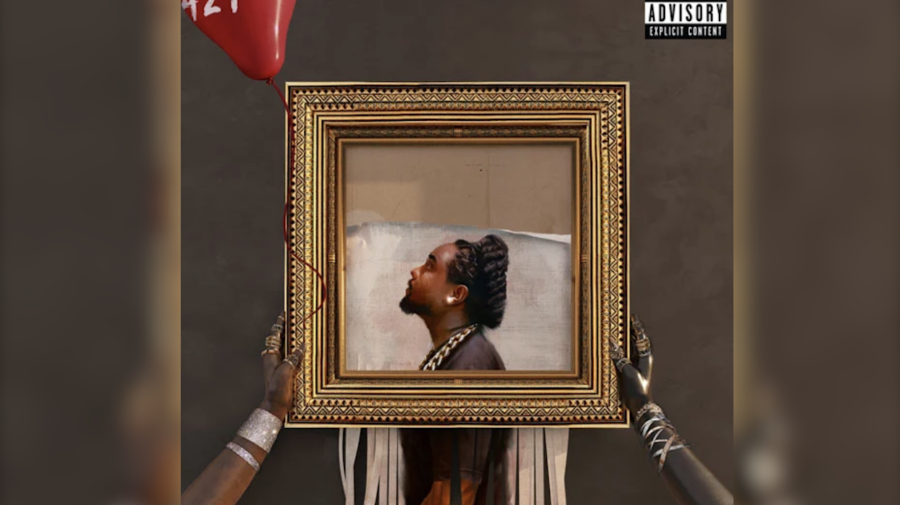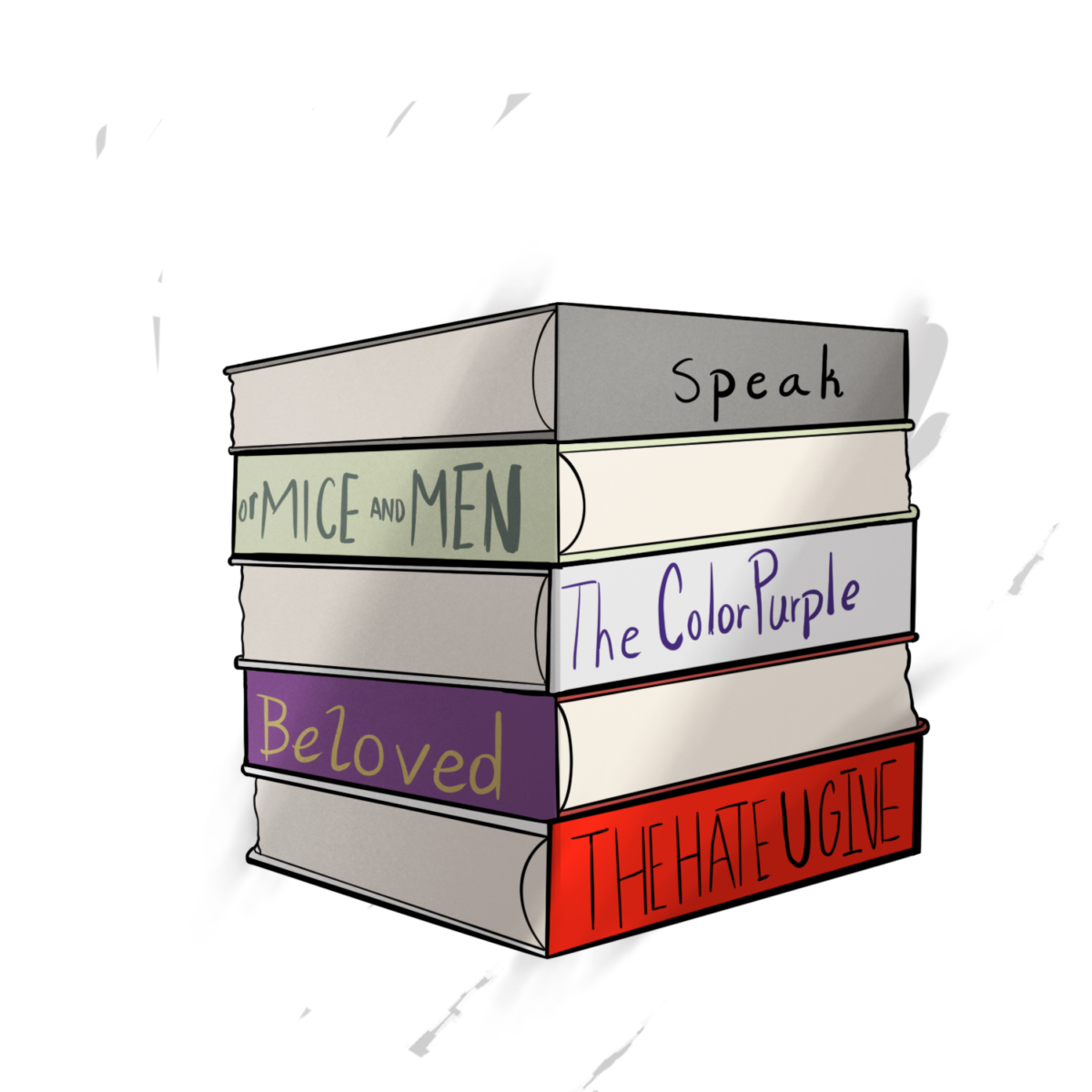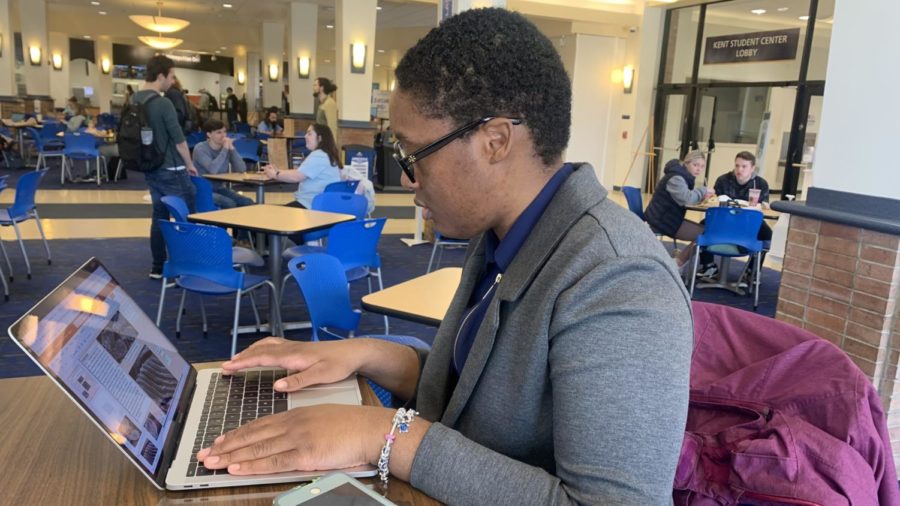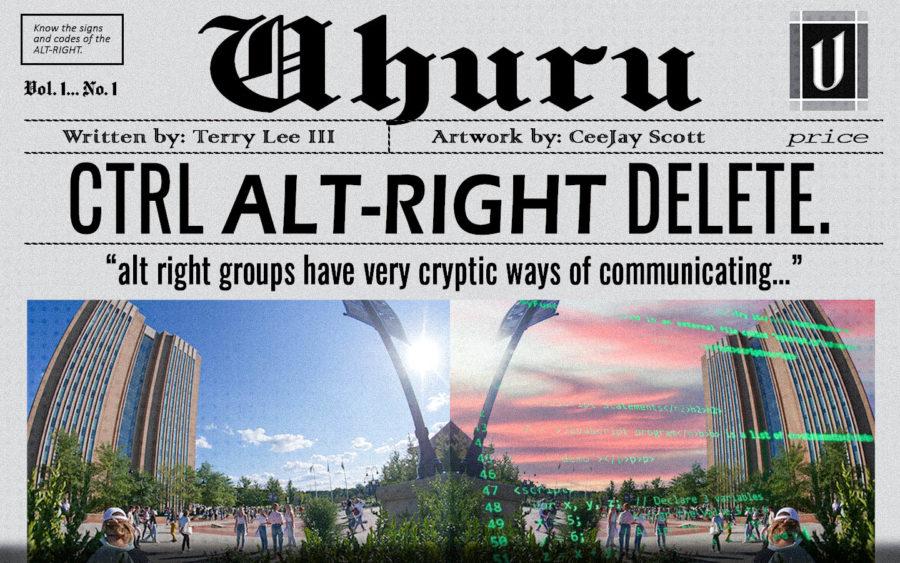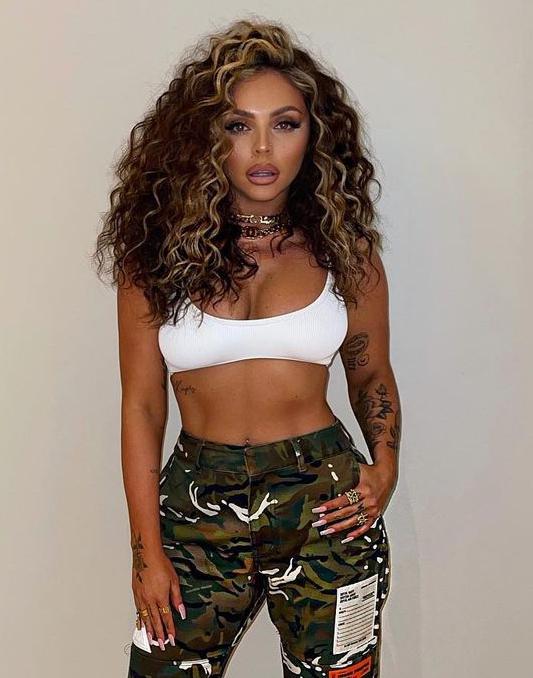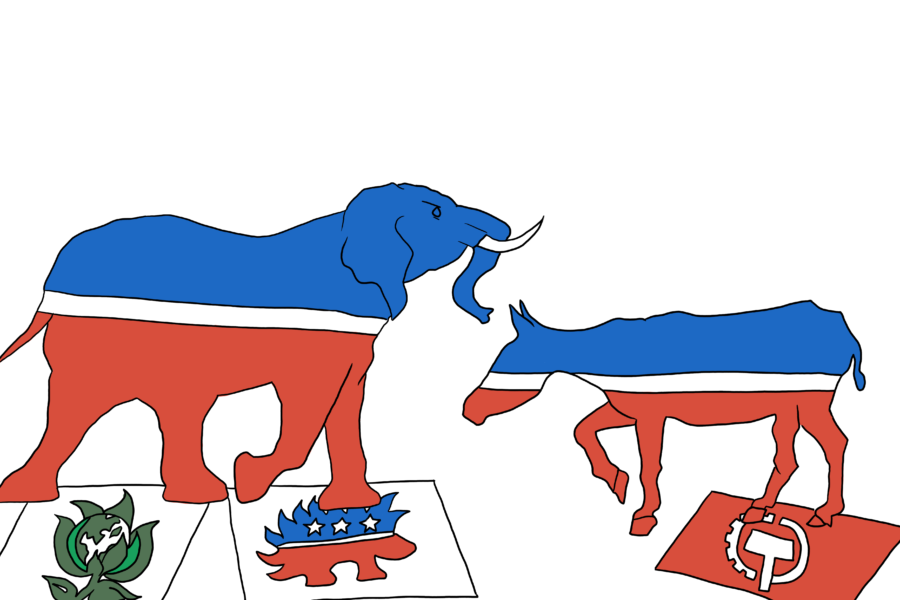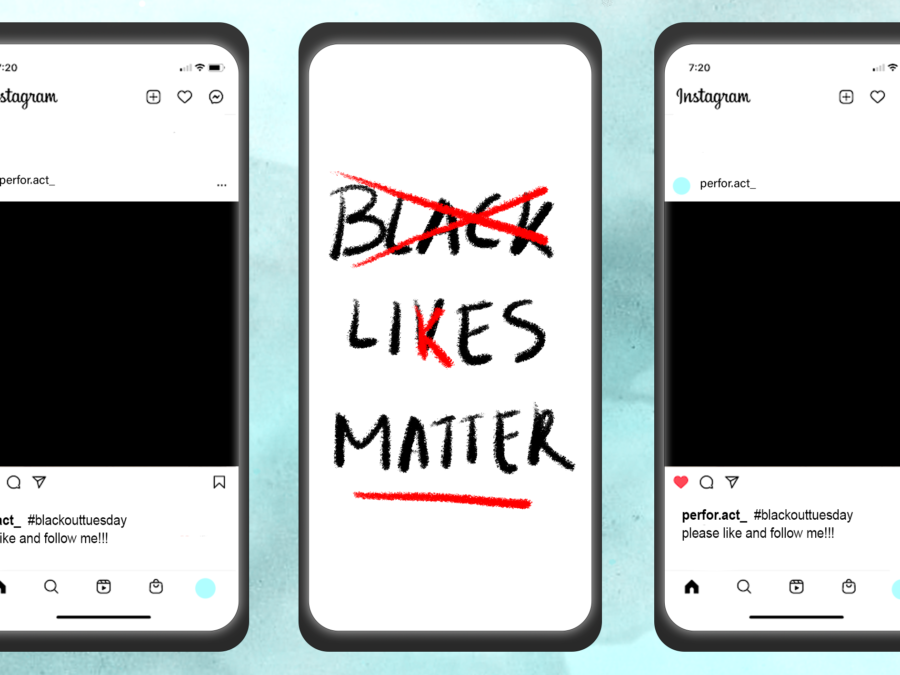Graphic by Alex Tharnish
Growing up, I never imagined I would find pop culture and politics merging as one. I always thought it was politicians’ responsibility to influence American citizens on what they should believe in or stand up for. I also never thought I would see the day I would contemplate an Oprah or Dwayne “The Rock” Johnson presidential run.
The presence of public figures becoming vocal in social issues is nothing new. Throughout history, figures such as Jackie Robinson, Muhammad Ali and Tommie Smith, were prominent figures who brought politics into their sports careers. Musical acts such as James Brown, Marvin Gaye and Nina Simone used music as a tool during the civil rights movement to uplift black people.
Now, with the help of social media, fans are able to see popular figures such as Gabrielle Union, Laverne Cox, LeBron James and more, say their true thoughts on where the country is going in the future. As the stream of celebrities taking a stand in social issues outside of their lane continues, one questions still remains: is it the responsibility of public figures’ responsibility to use their platform to become a voice for the voiceless? After all, they have enough power to influence masses to rally for change in the United States.
Notable movements, such as #MeToo, Black Lives Matter and the Women’s March were amplified by the efforts of celebrities participating in the messages they produced, which was something not seen every day back then as it is now. Before, the entertainment industry and politics were often mutually exclusive to people who wanted to escape politics and have the leisure of passing time with something they enjoyed. This is fair because politics are exhausting at times, but celebrities are not immune to social issues happening in society, just because they made it to the top of the ranks.
For example, the #MeToo movement encouraged the founding of the Time’s Up movement, which funded legal support to those who experienced sexual harassment in the workplace. It was created in the wake of the many sexual allegations against famous Hollywood director Harvey Weinstein. Reese Witherspoon, America Ferrera and Kerry Washington are just a few of the many actresses who advocated behind the cause. Actors and actresses showed their support to the movement by wearing black to the 2018 Golden Globes and musicians showed their support by wearing a white rose at the 2018 Grammys. It was one of the rare instances where we saw Hollywood take a collective stand against a social issue to show it affects them too.
During George W. Bush’s presidency, celebrities such as Kanye West, the Dixie Chicks and Green Day expressed their dismay to how he handled Hurricane Katrina and the Iraq War. Yet, they were met with negative reactions from those who saw them as just entertainment rather than political figures. The Dixie Chicks faced the worse end of the stick with the backlash as they were blacklisted by country fans and radios for their opinions.
Hip hop and rap music often blur the lines between entertainment and political commentary. Notable acts like N.W.A. and Public Enemy tackled the issues of civil rights, racism and police brutality through their music. It showed that music artists could use their art beyond entertainment and create a dialogue or change in the country. Today’s artists continue that tradition. In Beyoncé’s “Lemonade” album, her song “Formation” provided visuals of police brutality and lyrics expressing pride in her baby’s afro and Jay-Z’s nose with “Jackson Five nostrils.” She even paid homage to the Black Panther Party at Superbowl 50 while performing the song.
Athletes have also brought politics into sports. Former San Francisco 49ers quarterback Colin Kaepernick became a prominent topic in the media after he sat down during the national anthem at a game. In response to the criticism he received, Kaepernick said, “I am not going to stand up to show pride in a flag for a country that oppresses black people and people of color.”
However, critics were quick to dismiss public figures’ effort to create a dialogue and promote change. Laura Ingraham, a Fox News anchor, took jabs at Lebron James, telling him to “shut up and dribble” as a response to his opinion on Donald Trump in his interview with Cari Champion. Ingraham’s statement reflects the thoughts of critics who believe elite celebrities have everything they need and have nothing to complain about. She also exemplifies the feelings some white citizens have about black celebrities too, which makes her statement multifaceted.
Lauren Jauregui, who is a member of Fifth Harmony, made a valid point in an interview with Teen Vogue about celebrities getting involved in activism.
“I can’t be quiet. I can’t. If I was given a platform where 3.8 million people are going to read what I say, I’m going to say it…I’m going to make sure people understand that this is not a joke. This is not something we can ignore. It’s not something we can just let pass by. This is something we have to be passionate and active about daily,” she said.
It is important public figures use their platform to promote activism because they have a powerful voice and influence. They have millions of followers on social media and fans who watch their every step. Seeing celebrities use their platforms beyond their craft to inform their audience on political policies and ideologies reveals a vulnerable side we normally do not get to see. By using their platform to create change, they are helping in the process of rebuilding a country by focusing on the discussions they think we should be having.
Pop Politics: The Role of Public Figures in Political Activism
July 11, 2018
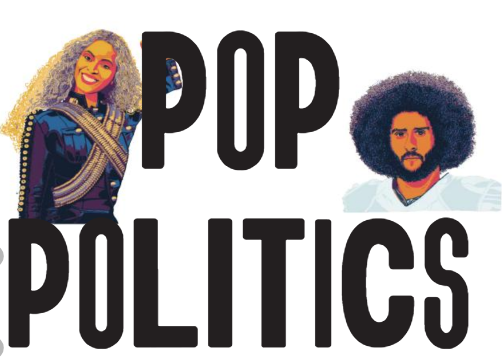
0
Donate to UHURU Magazine
Your donation will support the student journalists of Kent State University - Uhuru Magazine. Your contribution will allow us to purchase equipment and cover our annual website hosting costs.
More to Discover

